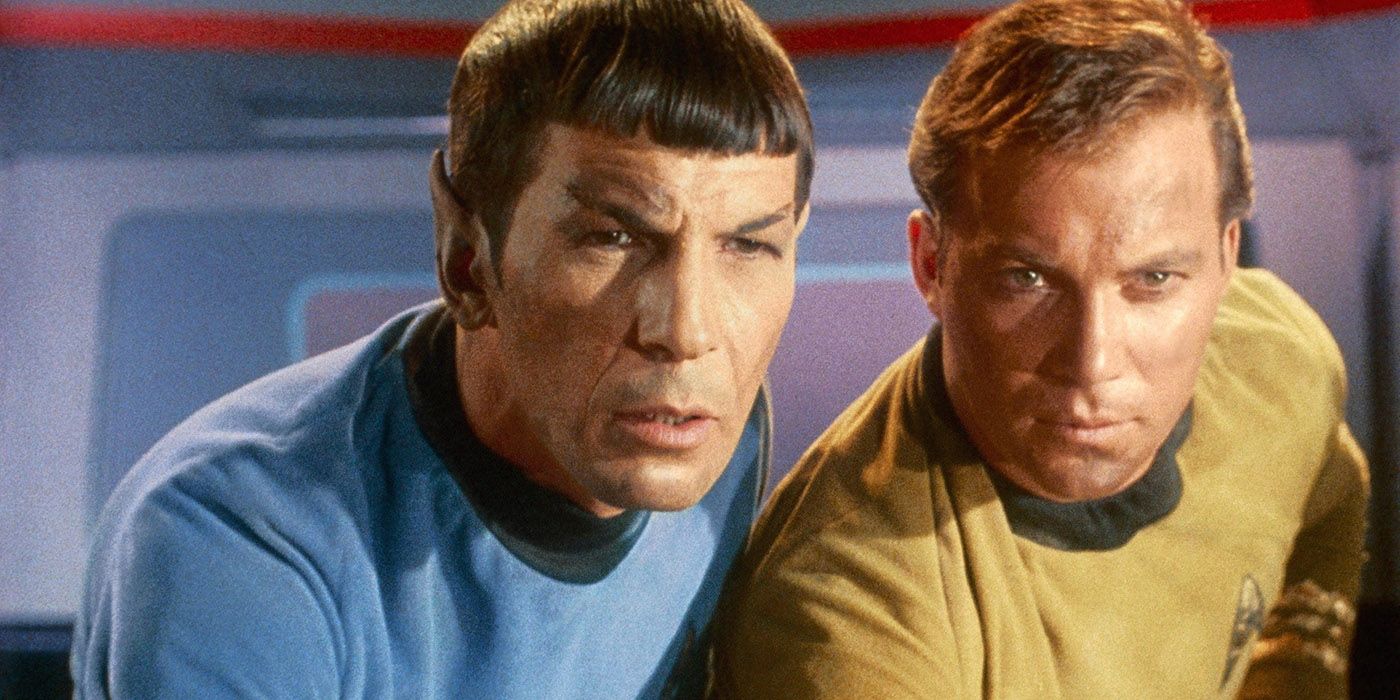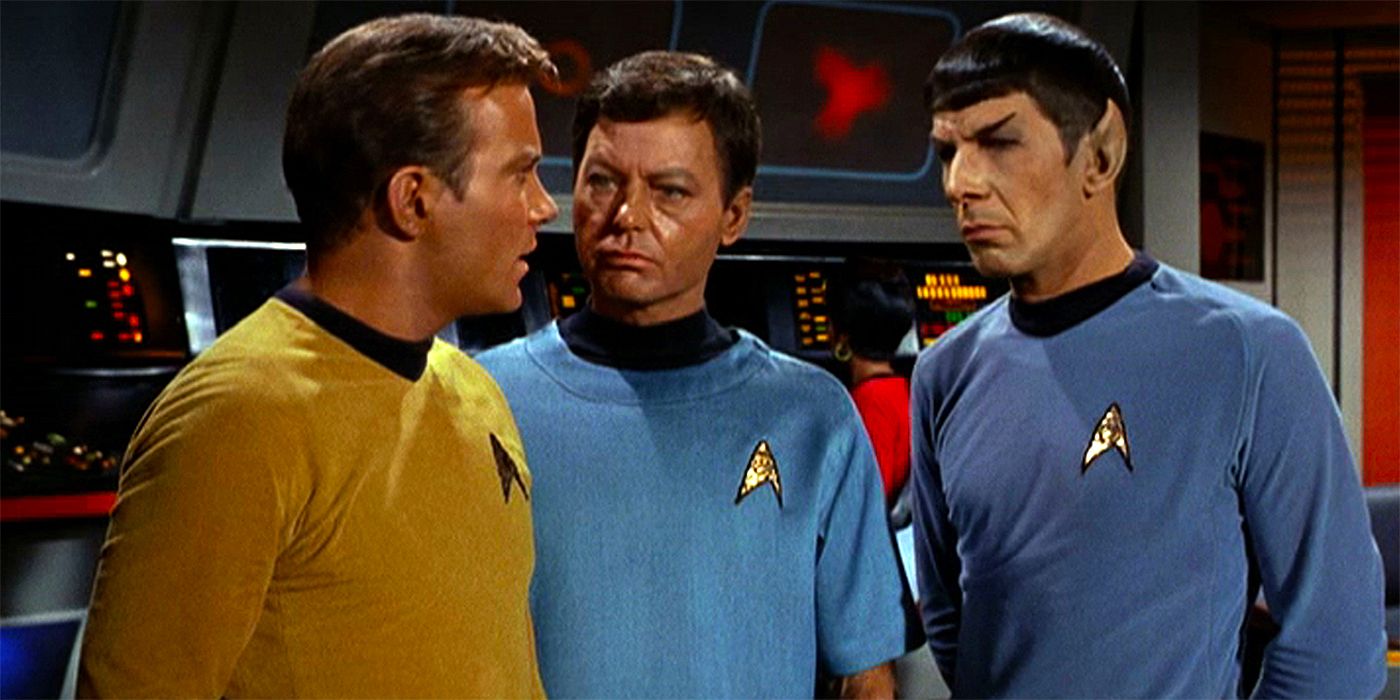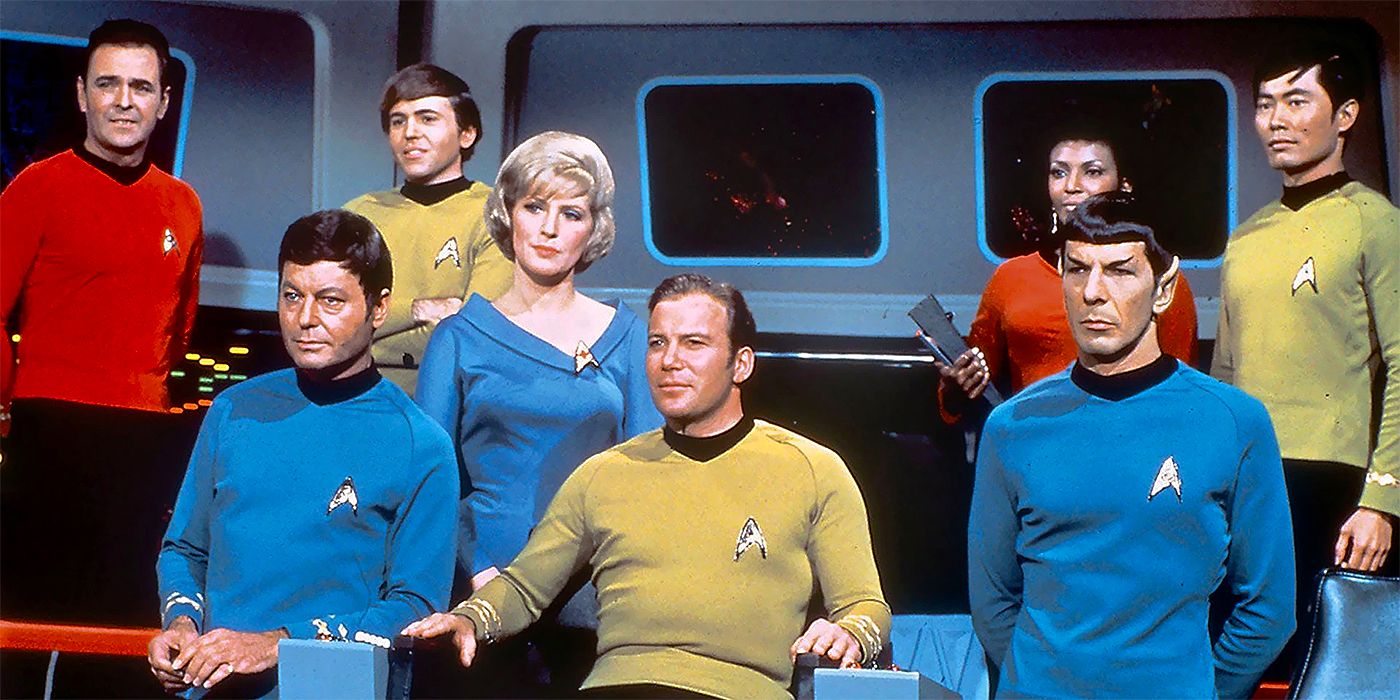
It's a fantastic time to be a fan of Star Trek, with Paramount+ unveiling new programming for its digital platform, while another feature film is reportedly in development. To add to that, the series that started the entire global phenomenon turns 55 this year as one of the most influential television shows to grace the airwaves.
And yet, the original series aired for only three seasons, coming to a quiet end on June 3, 1969. That might have ended Star Trek for good if it hadn't later found a devoted fan base in syndication. But why did NBC cancel Star Trek in the first place?

Even in development, Star Trek existed as a bit of curiosity for NBC executives. The network was concerned the series' tone was too cerebral for casual viewers, and initially refused to pick up Star Trek based on its original pilot; a second pilot, with a revised cast and tone, was then commissioned. Still, despite boasting then-revolutionary special effects and acclaimed episodes that blended science fiction thrills with more philosophical questions about the human condition, the series was never a ratings hit, even in its first season. However, with network execs paying more attention to key demographics to study more desired portions of audiences and vocal fan support, NBC chose to renew Star Trek for a second season, with a third season announced on March 1, 1968.
Two things presaged the third season of Star Trek as its last: a change in its time slot, and a significant reduction of its production budget by approximately $10,000 per episode. While there were plans to move Star Trek to Monday nights and take advantage of the time slot's higher viewership numbers, the series was ultimately relegated to Fridays at 10 p.m. Placed in an unpopular time slot, not only for the key demographic but across the board, Star Trek was officially on life support. Disgusted with the change for the third season, series creator Gene Roddenberry limited his creative role, even stepping back from rewrites and script reviews. He noted publicly that the network had effectively killed his show with the time change.

The cast recalled that there was a noticeable drop in quality in Season 3 episodes, and, with ratings continuing to slide, NBC announced it was canceling Star Trek on Feb. 18, 1969, when it was conspicuously absent from the network's programming schedule for the 1969-1970 season. The cast and crew thought that was the end of Star Trek, but the series began syndication later that year after broadcasters saw value from the first season. The series performed better in its syndicated time slots, resulting in its fan base swelling by 1972. That, in turn, led to production of an animated series, featuring the entire cast except for Walter Koenig, fan conventions, and the 1979 film revival.
Star Trek has always had its vocal, loyal fan base. But while the show was far from a runaway success in its initial run, it went on to defy cancellation to become part of television history. A dismal time slot and severe budget cuts may have led the original series to end on a subdued note, but if there's one thing that Star Trek has excelled at, it's reinvention.
0 Comments